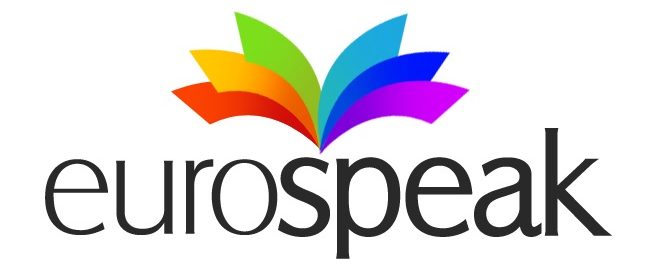One of the most significant obstacles for English learners is understanding the many words that sound the same when spoken but have entirely different meanings.
Here you can find a list of some of the most common words that are confused, plus explanations and examples to help you understand how to use them.
- Historic: significant moment in history.
“Today is a historic day for our country.”
Historical: related to history.
“Archaologists have found some historical bones.”
2. Classic: typical or characteristic of its kind.
“Hamlet is a classic example of a tragedy.”
Classical: belonging to the classical period, relating to Greek and Roman antiquity.
“I listen to classical music when I have a bath.”
3. Economic: related to the economy
“This year there has been very little economic growth.”
Economical: economic, which consumes little.
“It would be more economical to buy a new boiler than to get it repaired.”
4. Compliment:
– “You look younger each year darling.”
– “Thanks for the compliment!”
Complement: complement / complement.
“That handbag complements your outfit perfectly.”
In the case of the noun, it is usually used with food, for example:
“This wine is the perfect complement for this fish dish.”.
If you want to talk about a clothing complement, you would use ‘accessory’ 👒.
5. Plate: ceramic plate.
“Do not put so much food on my plate, please. I’m on a diet. “
Dish: refers to both ceramic plate and food.
“This wine is the perfect complement for this dish.”
6. Lie: lie down. It also means lying.
“Lie down on the bed if you feel dizzy.”
Lay: put, place.
“Lay your head on my shoulder if you’re tired.”

